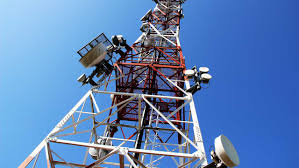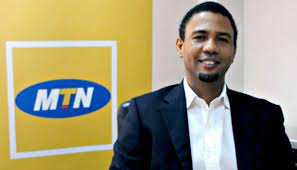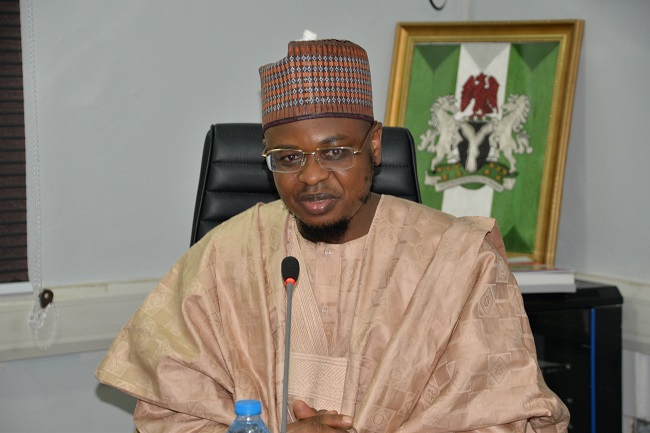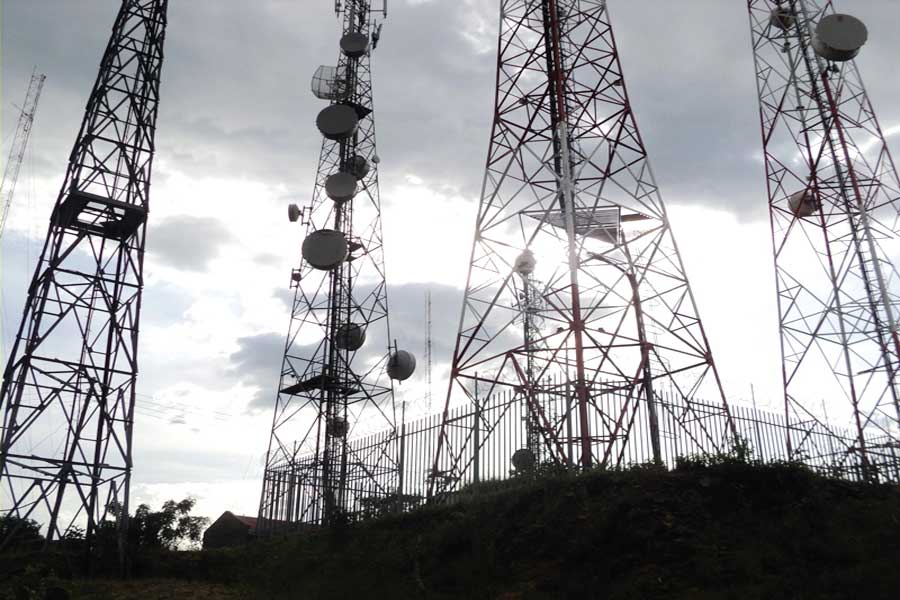Two major sources of debt build up currently threatening the continuity of service delivery of main network operators (MNOs) have been identified as interconnect and infrastructure leasing debts.
Before now, there had been concerted efforts even by the telecoms sector regulator, the Nigerian Communications Commission (NCC) to work out solutions on how networks can reach truce in settling their rising interconnect debt which staggered around N25bn at the end of 2018 business year.
However, in the last few years, there had been rising selloff of first generation telecoms infrastructure by networks as leasing sub sector in the industry grows.
But amidst the growth of the infrastructure leasing sub sector in the sector, another monster in the name of leasing debt pileup is currently hobbling the networks now more than interconnect debts.
Business Hilights gathered that infrastructure debts pileup come from either half-year or full year payment for rented services by MNOs including masts, Base Transceiver Stations (BTS), security services, generators, operational vehicles, trunk ducts and circuits for long distance traffic transmission mainly from infrastructure providers such as IHS, ATC, Maikano, Sumo, JMC generators and Helios Towers.
Details show that at the end of 2018 business year, total debts owed telecoms infrastructure providers has jumped to N140bn.
Currently, findings show that networks are struggling to resolve the debt pileup individually as operators debts differ in both size and infrastructures’ involved.
Looking at the crisis which is yet to attract NCC due to observed silence of service providers who are owed, Chairman of Association of Licensed Telecoms Operators of Nigeria (ALTON), Engr. Gbenga Adebayo singled out cost of leasing trunk circuits for long distance traffic as a major issue of concern.
According to him, “cost of leasing trunk circuits for carrying traffic for long distance services should be looked into in relation to the revenue service providers get from the service. Today, some operators lease trunk circuit from owners who are also service providers at high cost and also completing with them to deliver the same service at the end of the day loose revenue.
“Why would transmission of bandwidth between Lagos and Abuja be more expensive than from London to Lagos? My take is that people should pay what they owe and open discussion with their creditors for review so that the industry can move forward.”
Proffering solutions, Adebayo who doubles as the chief executive of Communications Network Support Service Ltd (CNSSL), said time has come for the regulator to begin to review issues concerning National Carriers licensees and their responsibilities in providing service providers transmission infrastructure especially in the interest of smaller operators that does not have enough subscribers to meet up with the cost of trunk circuit in the market.
However, checks amongst infrastructure leasing firms show that at the height of the debt profile mid last year, the NCC gave its nod to the firms to disconnect any MNO that fails to fulfill its payment obligations even though by the relevant regulation guiding the market segment, no leasing from can do so.









